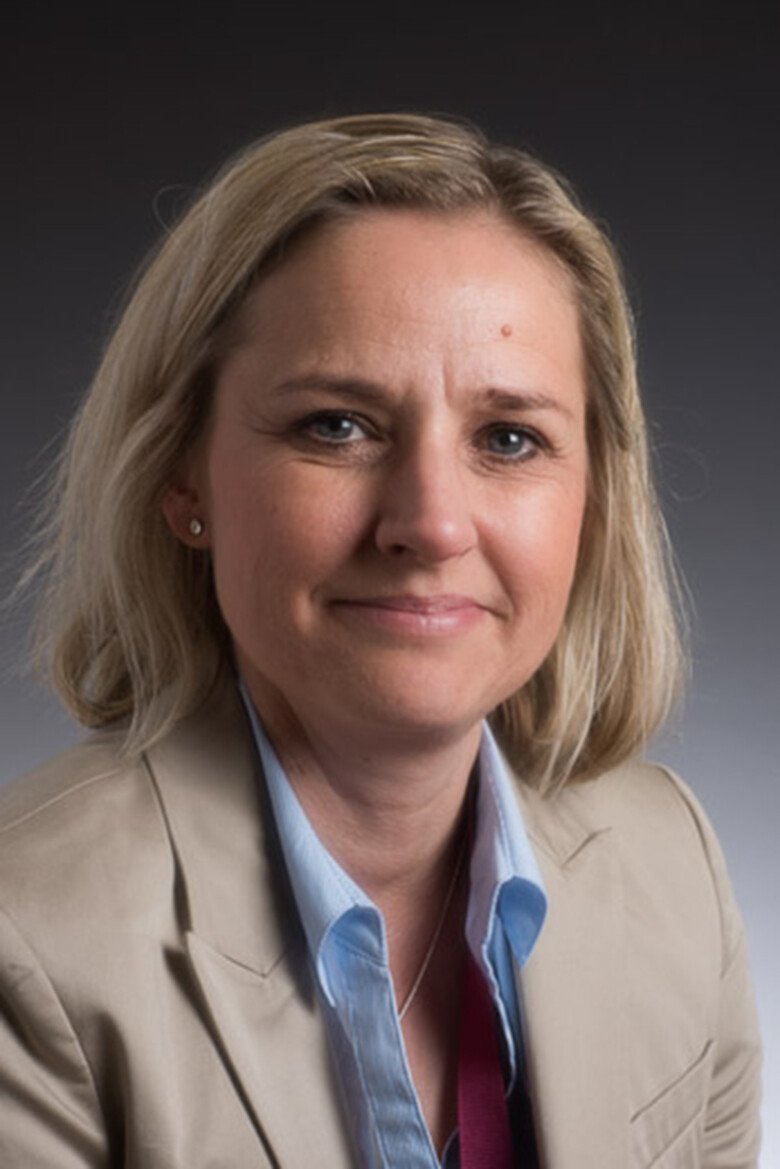Q&A with Professor and Researcher Marie Löf on the Master's in Nutrition Science
Nutrition is a popular topic in many conversations. Speculations, new discoveries, and ever-changing rules and recommendations require ambitious students and researchers who can meet the knowledge demands and environmental challenges. Meet Marie Löf, professor at the Department of Biosciences and Nutrition, to find out more about the future of nutrition science, and how she combines research with teaching.

Marie, please tell us a bit about yourself and your career thus far?
I have a master degree in nutrition from 1997. I did my PhD about energy metabolism and physical activity in pregnant women in 2004 and then continued to research for almost 24 years now. My main research interest is nutrition and physical activity in relation to pregnancy and the early years of childhood. I have done observational studies investigating the risk factors for obesity in mothers and children, with special emphasis on childhood obesity. And for the past ten years, my focus has been on developing interventions that promote a healthier lifestyle for these risk groups. For example, I have developed several mobile applications that enable healthy behaviour for pregnant women and families. I also lead a research program where we develop digital lifestyle interventions for different patient populations in health care.
What is your approach to teaching?
I had a supervisor during my PhD studies that got me interested in teaching. She taught us that teaching was a big part of being at a university, so I have been teaching a lot from the very beginning. And I'm very passionate about it. But the way I teach has changed a lot over the years. At the beginning of my career, it was mainly lectures and seminars, but today I’m also responsible for developing curriculums and examining degree projects.
Do you have any education in teaching?
Yes, I do. In my early career, you didn’t need to have an education. But now, education and training in pedagogical skills are mandatory for all professors who teach at KI. The old school teaching that was more about telling the students what to think and do is long gone, and we now have a completely different approach. Today we put the students in the centre and try to facilitate learning by mentoring and guiding them.
How do you bring your research into the education?
For me, they go hand in hand. I learn a lot from the students, their questions and reflections, and from coaching them in their projects. They are young and live in contemporary society, so discussing things with them is very constructive. I also try to bring my research into the classroom, to ensure all lectures are updated and closely linked to current research.
Do you think the nutrition programme offers a good foundation for continued research?
Definitely, it’s a red thread throughout the programme — in everything from research design to interpreting data. The students get an excellent education for continued research, both in Sweden and internationally. It’s also a major strength to have the input and perspective from international students in the programme. Now that the programme is two years instead of one, the students will be able to extend their degree projects, giving them an excellent start for a PhD project.
What else could the students do after earning a Master’s Degree in Nutrition Science?
Apart from research, they could work with different authorities and agencies in Sweden and abroad at places like The National Food Administration, The Public Health Authorities in Sweden, or the World Health Organisation internationally. They can also work with different food companies or pharmaceutical companies that need the expertise, or maybe start working as consultants where the demand may increase due to the increased interest in personalised nutrition.
What do you think is the most exciting progress or innovation within the nutrition field right now?
I’m very passionate about digitalisation. We could make a lot of information and tools accessible for many more. We can adapt them for different languages and cultures and not only create tools for the well educated in Sweden, but for people all over the world. This work has potential to decrease health inequality and it also enables us to collect more data for research. A critical research area right now is making sure we have a more sustainable diet for our health and a healthy and sustainable solution for the planet. Another exciting progress is personalised nutrition. Sprung from the idea that one size doesn’t fit all since we are individuals.
What do you hope to see more of in the future?
I hope that we will get better at translating information into action to achieve real behavioural change. Today, most people know what a healthy diet looks like, but they still choose unhealthy options. I hope we can bring the “what” and “how” closer together. I also hope we will gain even more knowledge of what is essential in the diet, and learn more about personalised nutrition. And that we together get better at addressing and decreasing the health inequalities in the world.
